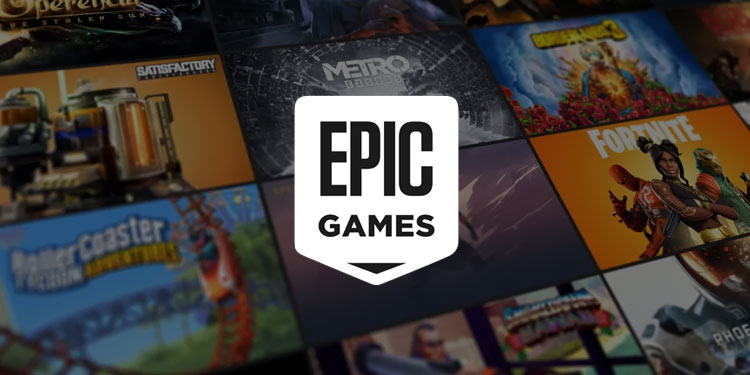Tim Sweeney, CEO of Epic Games, has recently shared insights on the potential integration of blockchain technology into Fortnite. His remarks came in response to Jonah Blake, co-founder of Game Fund Partners, who speculated about blockchain’s future role in gaming. Sweeney acknowledged the possibility of blockchain in Fortnite but stressed that its implementation would diverge from the typical financial applications like cryptocurrencies or NFTs.
Initiating the Dialogue
The conversation was sparked by a tweet from Jonah Blake, who posited a 50 percent likelihood of blockchain or cryptocurrency appearing in Fortnite within the next five years. Blake also speculated about Unreal Engine adopting blockchain technology. Sweeney responded, expressing openness to blockchain exploration but clarifying that Epic Games would not adopt cryptocurrency or NFT trading. He highlighted an interest in blockchain’s technical potential rather than its financial aspects.
Focus on Technical Potential
Sweeney has shown a strong interest in the technical capabilities of blockchain technology. He described blockchain as an “awesome” decentralized database, emphasizing its utility for managing and updating game data. This approach, he suggested, could significantly enhance data handling efficiency and reliability in gaming. Sweeney elaborated on his vision, explaining that blockchain could serve as a mechanism for negotiating mutable states through transactions, ensuring consistent state evolution. He compared blockchain to other solutions like database transactions, software transactional memory, and sequential execution, highlighting its potential to maintain data integrity in complex systems.
Advocating for an Open Metaverse
Sweeney is also a proponent of an “open metaverse,” where various virtual worlds and games can interact and collaborate. He envisions a metaverse where each participant controls their own space, deciding what elements to include or exclude. This concept underscores the importance of open standards and protocols, ensuring no single entity monopolizes the metaverse. While Sweeney acknowledges the challenges of asset interoperability between games, he supports practical solutions that facilitate meaningful interactions while respecting each game’s unique rules and systems.
Addressing Challenges and Maintaining Optimism
Sweeney recognizes the challenges blockchain technology faces, including speculation, scams, and regulatory hurdles. He regrets that the technology’s association with financial markets has tarnished its reputation. Despite these issues, Sweeney remains optimistic about blockchain’s potential, believing it will eventually demonstrate its value. As Epic Games continues to explore blockchain, the focus will be on enhancing game development and data management rather than financial applications.
Emphasizing Innovation Over Speculation
Sweeney’s approach to blockchain integration in gaming highlights a clear distinction between technical innovation and financial speculation. He advocates for using blockchain to solve practical problems in game development, such as improving data management and ensuring consistency in mutable states. This perspective aligns with his broader vision for the gaming industry, emphasizing technological advancements that enhance user experiences and operational efficiency.
Future Prospects for Blockchain in Gaming
The potential for blockchain in gaming, as envisioned by Sweeney, extends beyond the typical use cases seen in the industry today. By focusing on blockchain’s technical strengths, Epic Games aims to create more robust and efficient systems for managing game data and enabling seamless interactions within virtual environments. This approach could set a new standard for blockchain integration in gaming, emphasizing utility and innovation over financial hype.
In conclusion, Tim Sweeney’s vision for blockchain in gaming reflects a commitment to leveraging the technology’s technical potential while avoiding the pitfalls of financial speculation. By focusing on practical applications that enhance game development and user experiences, Epic Games aims to lead the industry in innovative and meaningful ways. This forward-thinking approach highlights the broader possibilities of blockchain technology beyond its current associations with cryptocurrencies and NFTs, paving the way for a more integrated and efficient gaming ecosystem.
